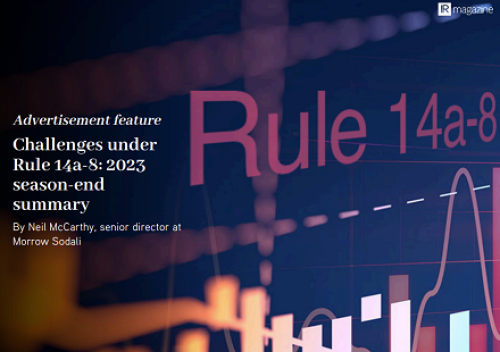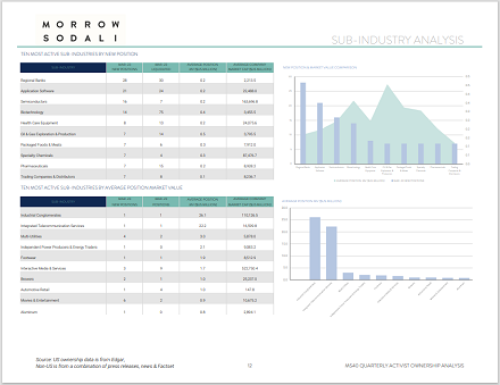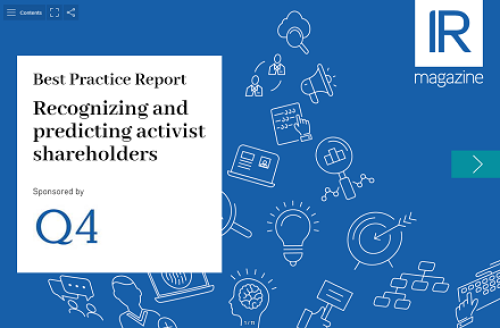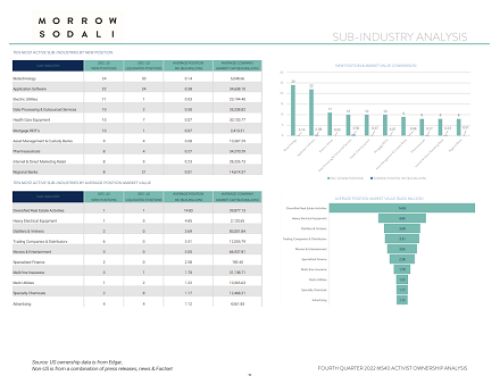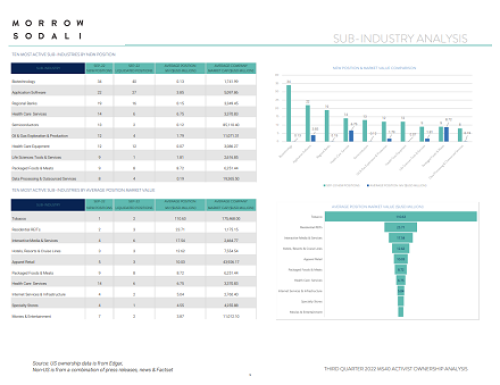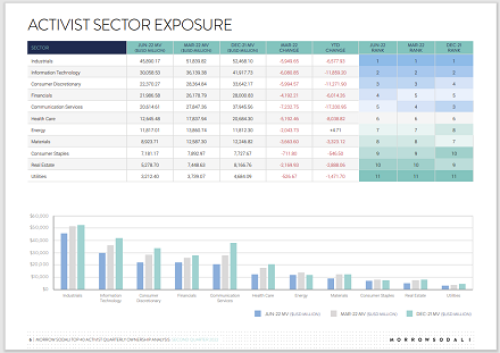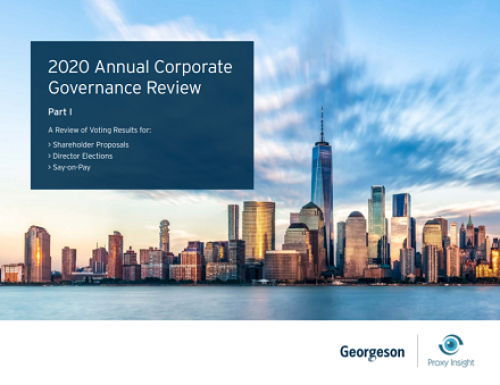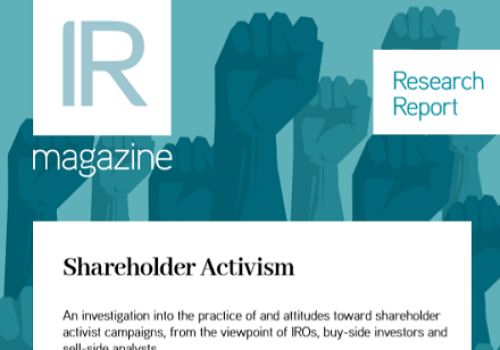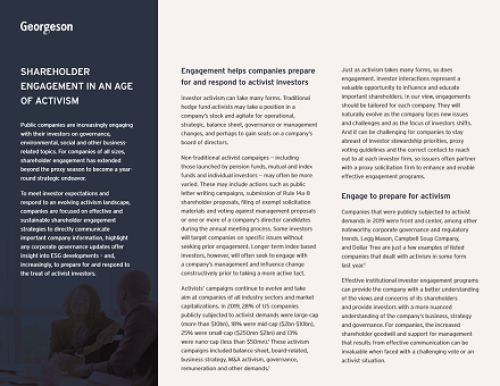Letter calls on S&P 500 chiefs to focus on long term
BlackRock CEO Larry Fink has warned leaders of S&P 500 companies that high dividend payouts and share buybacks may be undermining their company’s ability to invest in their future, adding that they may lose shareholder support if they don’t take a longer-term approach.
In a letter to companies on the index, Fink says many companies are sacrificing performance in years ahead to share buybacks ‒ which rose 27 percent year on year in the third quarter of 2015 ‒ dividend payouts, which reached their highest level since 2009 last year, and other forms of quick gains for shareholders.
‘We certainly support returning excess cash to shareholders, but not at the expense of value-creating investment,’ Fink writes in the letter, obtained by the New York Times and reprinted in other media. ‘We continue to urge companies to adopt balanced capital plans, appropriate for their respective industries, that support strategies for long-term growth.’
The letter, which was scheduled for release on Thursday when BlackRock reports quarterly results, was first obtained by the newspaper on Monday and reprinted elsewhere.
Fink says communications with shareholders are too often ‘backward-looking’ and fail to outline management’s plans and vision for the future. He calls on companies to develop metrics suited to their industries and structures that will drive long-term growth.
‘We are asking that every CEO lay out for shareholders each year a strategic framework for long-term value creation,’ Fink says. ‘Additionally, because boards have a critical role to play in strategic planning, we believe CEOs should explicitly affirm that their board has reviewed those plans. BlackRock’s corporate governance team, in its engagement with companies, will be looking for this framework and board review.’
Without such plans, Fink says, companies are more exposed to pressure from investors that are focused on short-term gains. ‘Indeed, some short-term investors (and analysts) offer more compelling visions for companies than the companies themselves, allowing these perspectives to fill the void and build support for potentially destabilizing actions,’ he writes.

